Without water, there would be no life on Earth. After all, we’re made up of 70 percent water, so without enough of it, we quickly fall into dehydration. Actually, the human body can only survive about three days without water, and that’s in ideal circumstances. Add dysentery or high heat and those three days becomes shortened considerably.
When it comes to prepping, it’s going to be important to be able to make the most out of the water you have in your home if the SHTF. In the aftermath of any major natural or man-made disaster, being water-independent could be a lifesaver; at the least, it can’t hurt. Learning how to conserve your water for later use is an essential survival tool in the arsenal of every prepper; or at least it should be.
{adinserter usdeception}The future isn’t what it used to be, as my grandfather told me when he was still around. With that in mind, it would be a good idea to do a little looking back, looking at how our forefathers lived in the past. You know something?
They did a Hell of a job if you think about it. Our ancestors managed to live long and fulfilling lives without the benefits of modern technology. They were used to growing their own food and caring for their livestock, they were self reliant and lived the life of preppers, born and bred.
Looking back to our own history, we can learn everything there is to learn about survival in a hostile environment. Conserving the water in our homes is one of the most important aspects of preparedness, as well as of homesteading.
When you’ve mastered the art of recycling and you’ve become Captain Planet, both in your heart and in your mind, you’ve also learned an important lesson about frugality, self reliance and prudence.
The first step in conserving water is to use a water consumption calculator to determine how much water you use on a daily/weekly/monthly basis. The average American family of four uses 400 gallons of water per day. How do you compare to that? Take a look at it and then start making the appropriate changes to your water consumption from that starting point, keeping the hard facts in mind.
Here are some tips and tricks for conserving/recycling your water for later use:
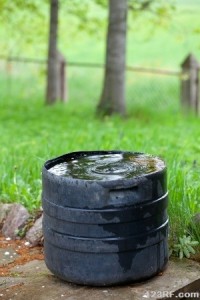
– You can re-use the water that drains out of your flower pots. All you have to do is to place a bucket or a plastic tray under the flower pot and the water collected can be used to water other plants in your garden
– You can save the kitchen water that was used to clean the dishes and dump it in the toilet bowl when you’re flushing. Another neat trick I’ve learned from my grandparents is to fertilize the garden with the water used to cook pasta/vegetables in (after it was cooled, of course).
– Washing your laundry manually, instead of using the washing machine will save you a lot of water. Sun dried laundry saves energy and comes with another benefit; the Sun naturally removes stains and disinfects (free of charge)!
– You can save water by taking showers instead of baths. When you’re showering, you’re using about 8 gallons of water every 5 minutes. On the other hand, a bath requires 30 to 40 gallons of water. Collect the water in the bottom of the tub and use it to clean clothes or to water your garden. Remember to use salt/chemical free soaps, so that the water you collected from the shower can be used for domestic purposes.
– The water that isn’t drunk from cups/bottles can be re-used. In order to kill any potential germs, all you have to do is to boil the water for later use. If you’re not cool with this idea, well, you can use this water for your house plants or your pets. The plastic bottles can be used later as DIY irrigation systems, check that out!
– When you’re brushing your teeth/washing your hands, turn off the water! You should open it again only when you rinse (the same goes for showering)
– Invest in efficient washing machines/dishwashers if you don’t like to wash them by hand
– Regularly check your pipes and faucets for leaks. In case you did not know, a small drip can waste up to twenty gallons of water/day
– Use high pressure nozzles on hoses and low flow showerheads/faucet aerators. This will allow you to accomplish the same cleaning with less water.
– Start composting instead of using a garbage disposal to put edible garbage down the sink
– The water from the fish tanks provides excellent nutrition for your garden/home plants
– Replace your big tank hot water heater with an instant one
That about sums it up folks. If you have other ideas, don’t hesitate to share them in the comment section below.
This article has been written by Chris Black for Survivopedia.

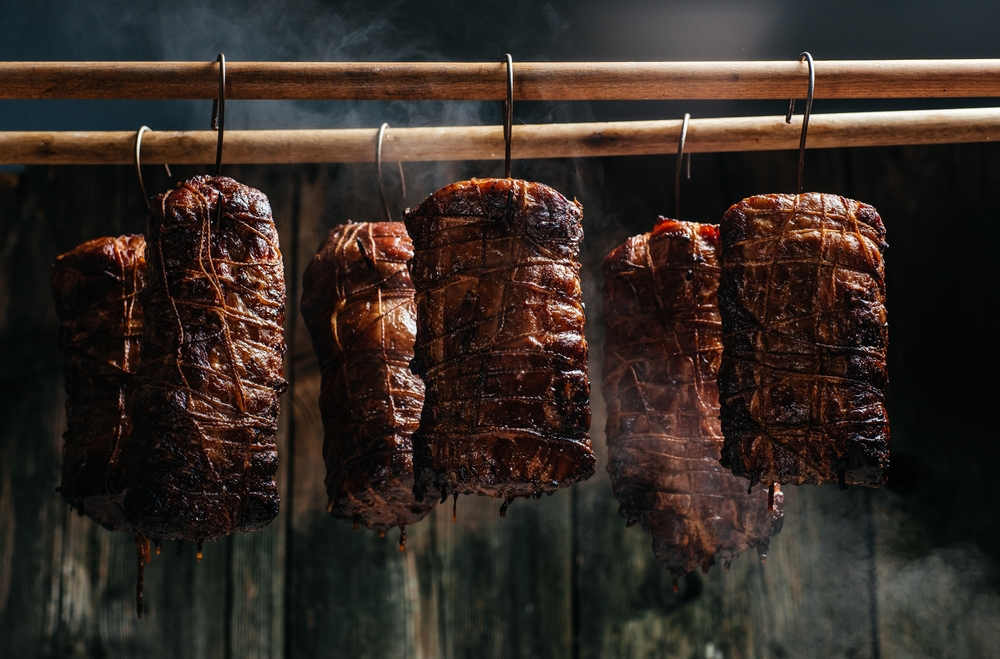

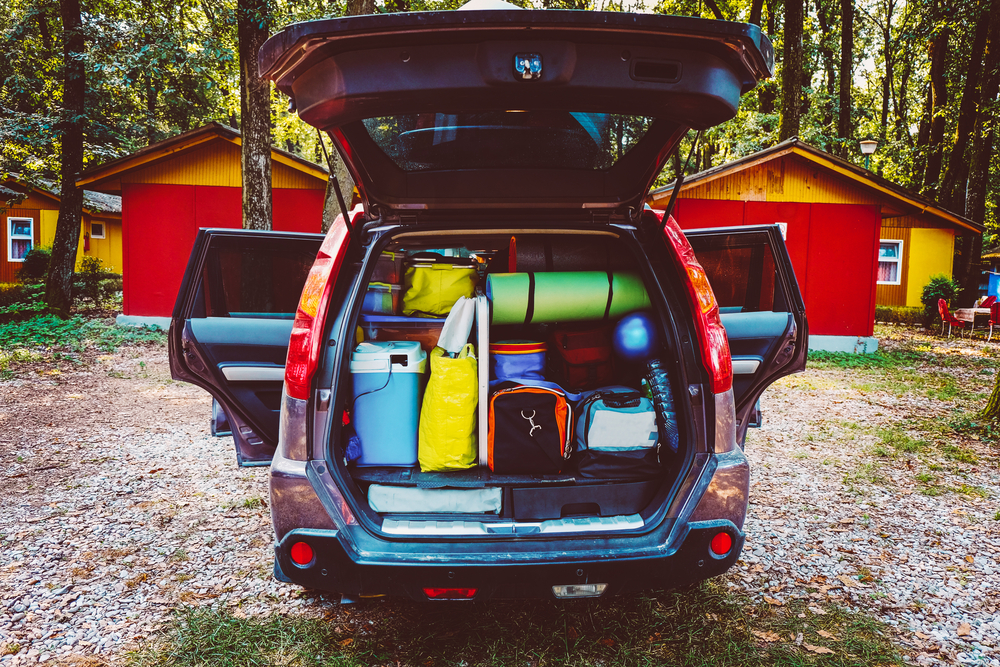


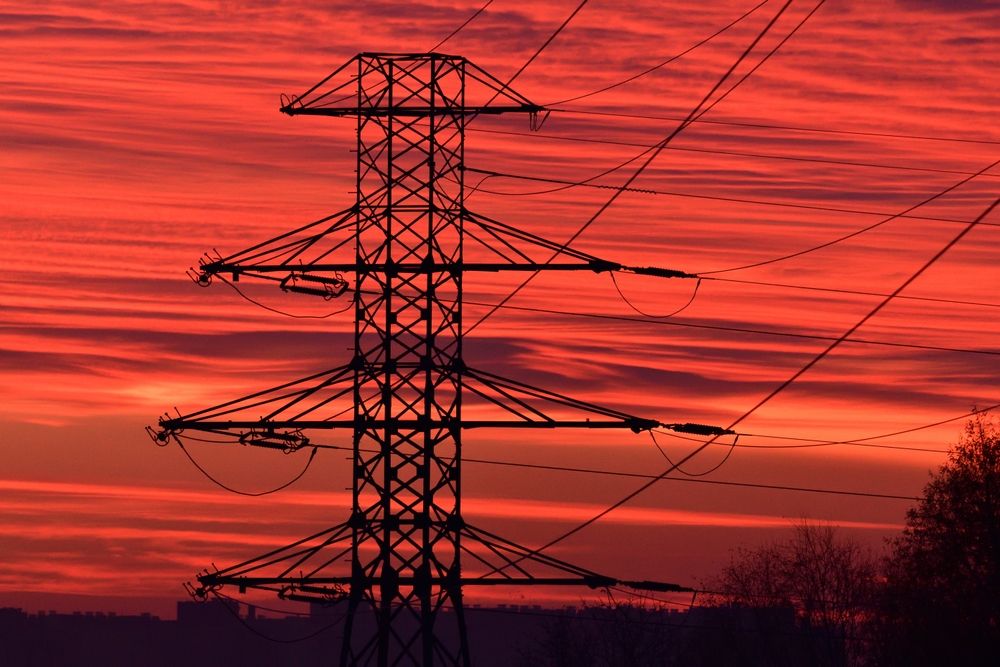













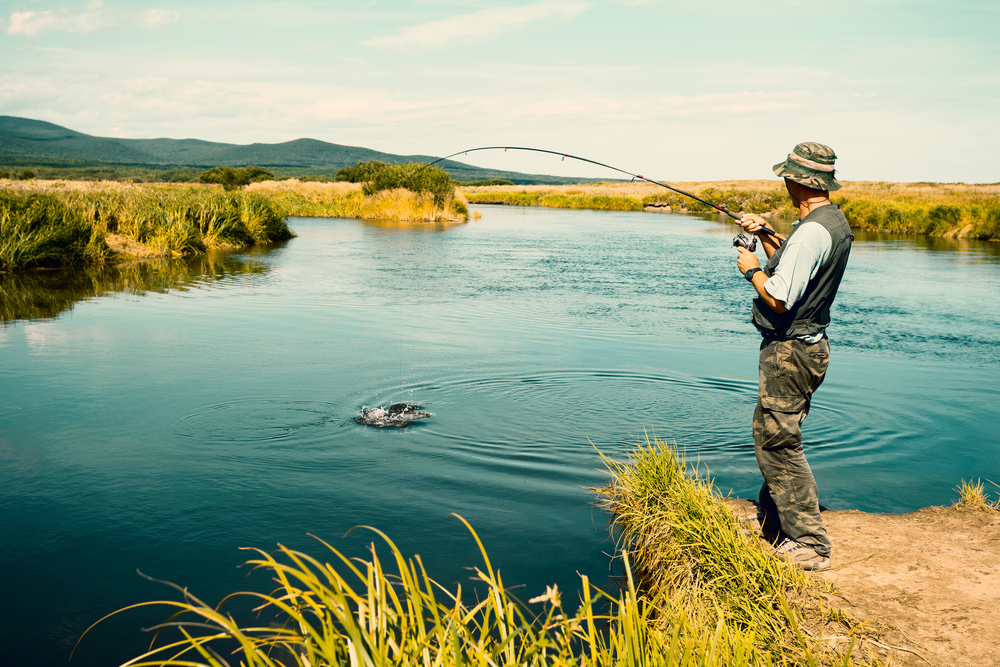


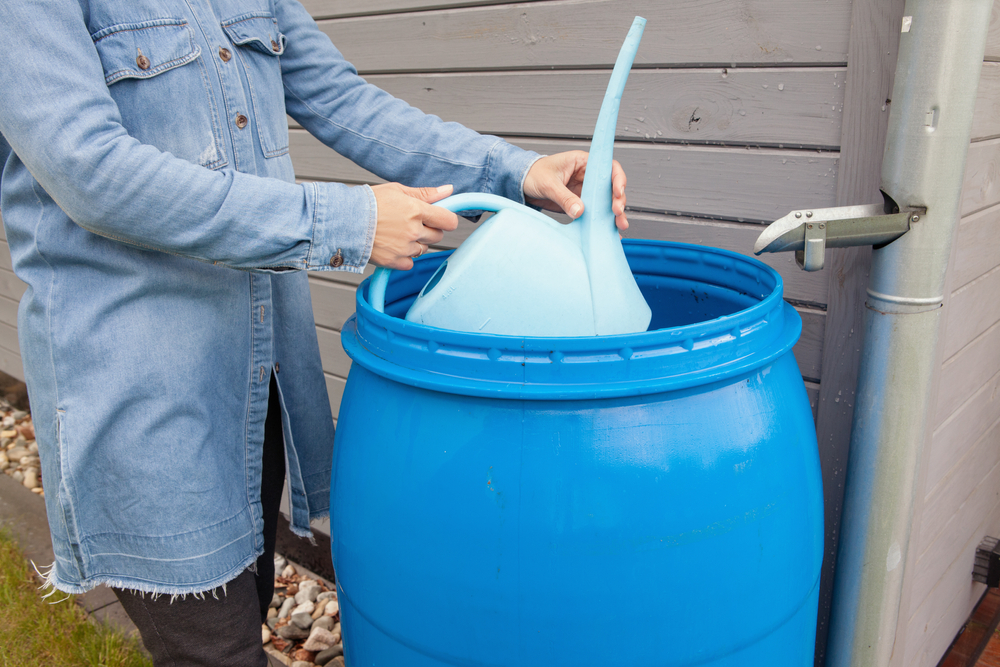
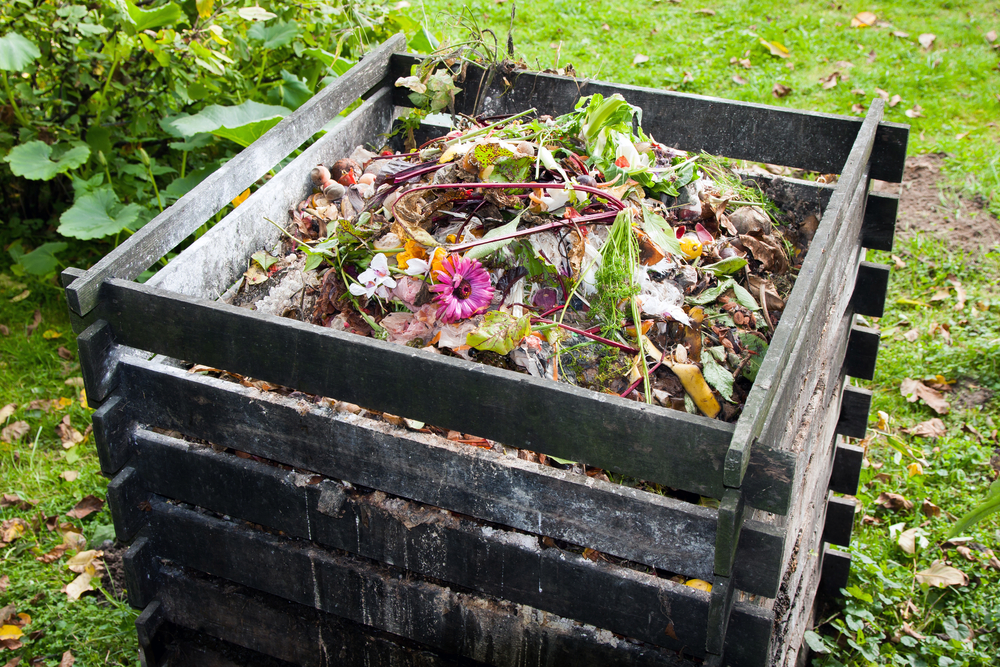
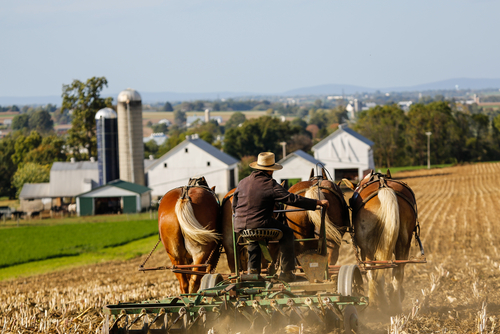




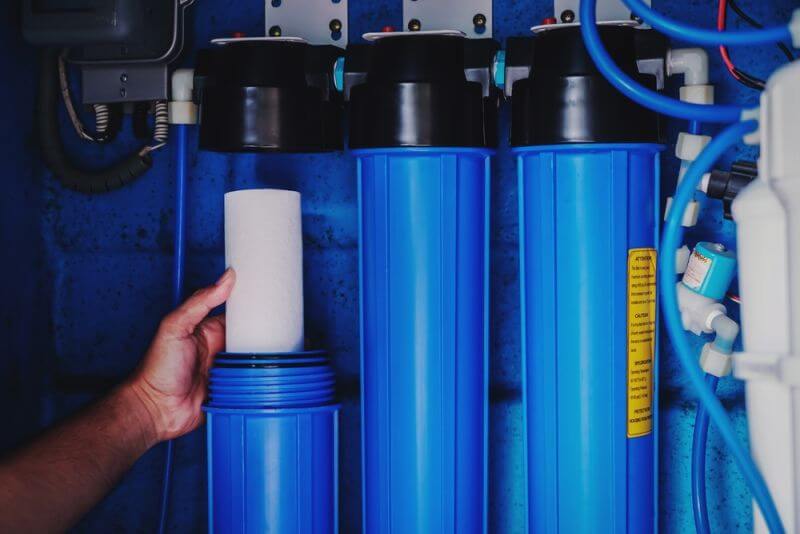
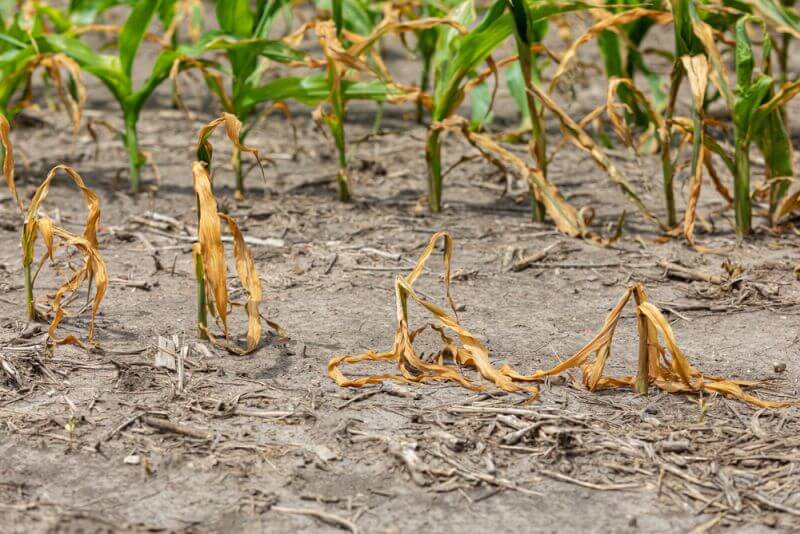
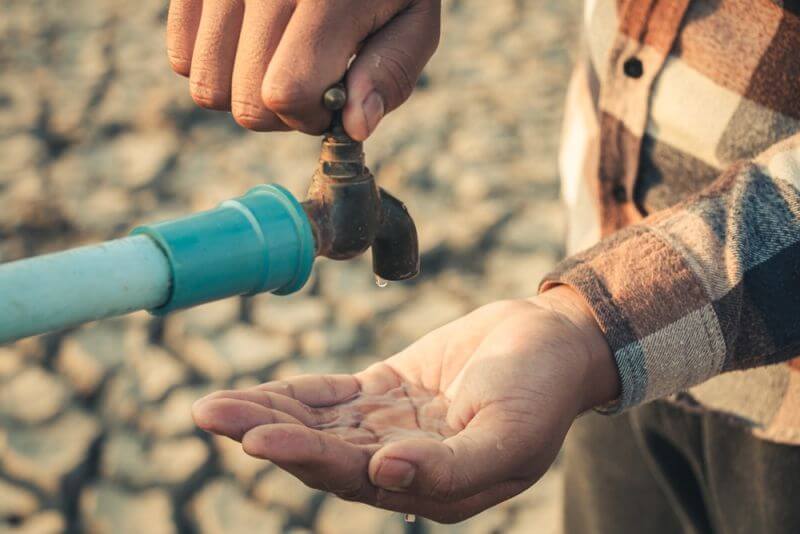
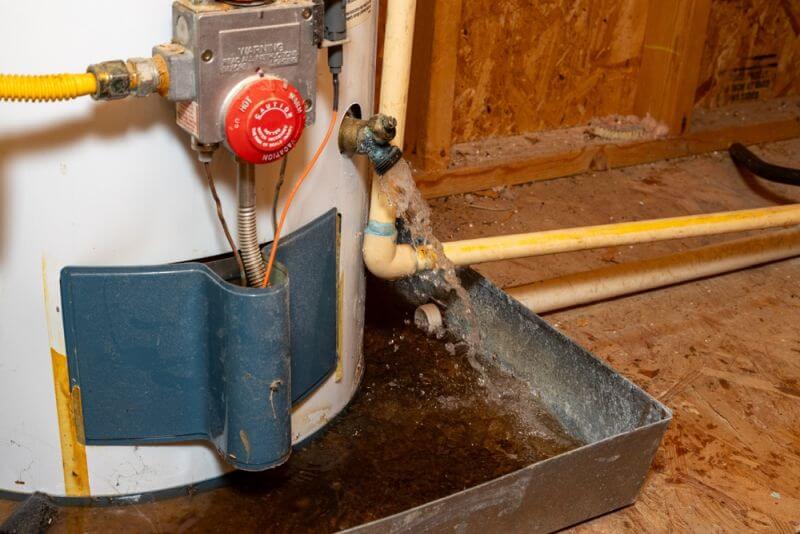











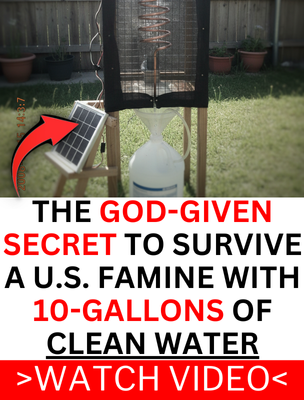



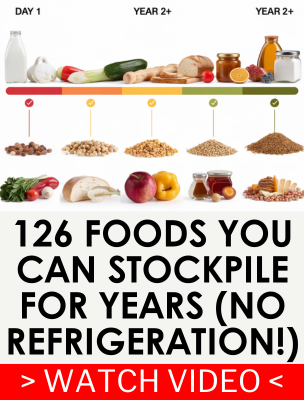





















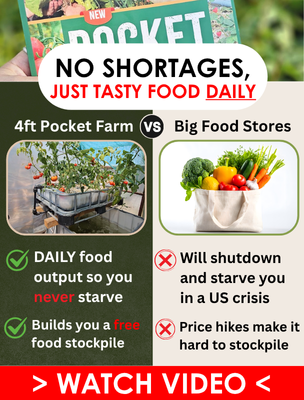


Before putting forth the effort AND expense of doing rain water harvesting. Be sure to check local code ordinances. Believe it or not, some places actually don’t allow for harvesting rain water.
Still, if possible all these ideas are great ones. 🙂
I recycle my washing machine soapy water by wringing out the lighter clothes like towels, washcloths, underwear and other light clothes that do not shed color and put in a basket. Then, I put in the next light colored clothes and do the same. Finally, I put in the darker clothes and let them go through the entire washing cycle. Then I proceed to rinse the wrung out clothes. This way, I save water and soap. I have never use detergent on my clothes. When I move to another house, I plan to have a stationary tub for the wash water to run into to be put back into the washing machine.